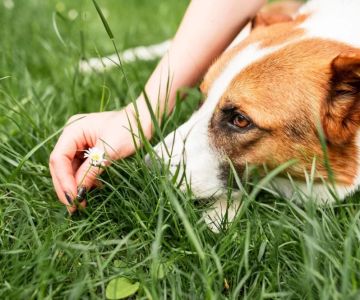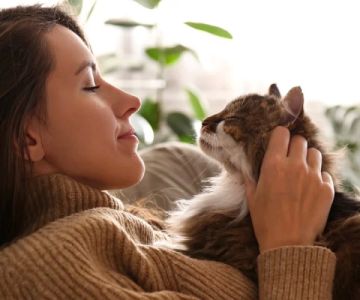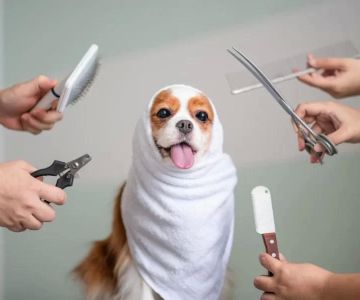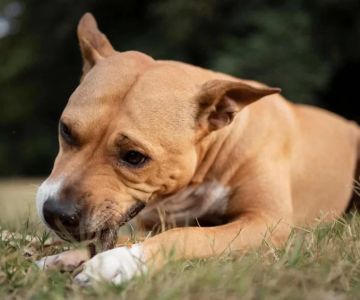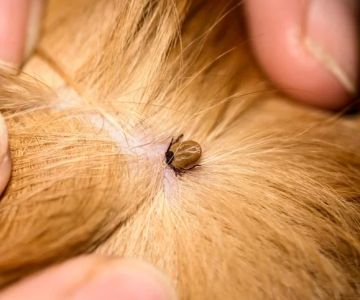Keeping Your Cat’s Coat Healthy and Shiny: Essential Tips for Pet Owners
- The Importance of a Healthy Coat
- Common Reasons for Dull Coats
- How to Maintain Your Cat’s Coat
- Nutritional Tips for a Shiny Coat
- Real-Life Stories of Coat Improvement
As a cat owner, you want your pet to have a shiny, soft, and healthy coat. A cat’s fur is more than just a decorative feature—it plays an important role in protecting them from the environment and regulating body temperature. If you’re wondering how to keep your cat’s coat healthy and shiny, this article offers valuable insights and practical tips. Whether you're dealing with a cat that has a dull coat or just looking to maintain their glossy fur, we’ve got you covered!
The Importance of a Healthy Coat
Your cat’s coat is one of the most visible indicators of their overall health. A shiny, well-maintained coat signifies a healthy cat with a well-balanced diet, proper grooming, and good overall well-being. On the other hand, a dull or patchy coat can be a sign of underlying health issues such as nutritional deficiencies, stress, or allergies. Maintaining a healthy coat not only improves your cat’s appearance but also contributes to their comfort and overall health.
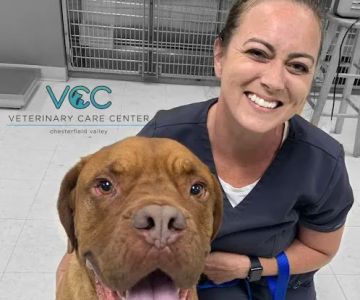
16830 Chesterfield Airport Rd, Chesterfield, MO 63005, USA
See DetailsCommon Reasons for Dull Coats
There are several factors that can lead to a dull, dry, or lackluster coat in cats. Identifying the cause is the first step in restoring their fur to its former shine:
1. Poor Diet
A poor diet can lead to a lack of essential fatty acids, vitamins, and minerals, all of which are crucial for healthy fur. Cats require a diet rich in protein and healthy fats to maintain a glossy coat. Without these nutrients, their fur may become brittle, dry, or dull.
2. Allergies and Skin Conditions
Allergies, whether from food or environmental factors, can cause itching, dryness, and hair loss. Cats with these issues may scratch excessively, which damages their coat and affects its shine. Skin conditions such as dermatitis or fungal infections can also lead to a lack of luster in the fur.
3. Lack of Grooming
Cats are meticulous groomers, but sometimes they need a little help, especially long-haired breeds or older cats. If your cat isn’t grooming itself enough, it can result in tangles, matted fur, or a dull appearance.
4. Stress and Anxiety
Stress and anxiety can have a direct impact on your cat’s coat. Cats that are stressed or anxious may shed more than usual, leading to a patchy, uneven coat. Additionally, prolonged stress can cause their fur to lose its shine.
How to Maintain Your Cat’s Coat
Maintaining a shiny and healthy coat requires regular care and attention. Here are some essential tips to keep your cat’s fur looking its best:
1. Regular Grooming
Regular grooming is crucial, especially for long-haired breeds like Persians or Maine Coons. Brushing your cat at least once a week helps prevent matting, reduces shedding, and removes dirt or debris that could dull their coat. For short-haired cats, grooming once every two weeks may be sufficient.
2. Bathing When Necessary
While cats don’t typically need frequent baths, an occasional bath can help maintain a clean and healthy coat. Use a cat-friendly shampoo that is gentle on their skin. Be sure to rinse thoroughly to prevent any residue that could irritate their skin.
3. Provide Proper Hydration
Dehydration can cause your cat’s coat to become dry and brittle. Make sure your cat always has access to fresh water, and consider offering wet food to boost hydration levels. Proper hydration supports healthy skin and fur.
Nutritional Tips for a Shiny Coat
A well-balanced diet is one of the most important factors in maintaining a shiny coat. Consider incorporating these nutritional tips to improve your cat’s fur:
1. Omega-3 and Omega-6 Fatty Acids
Omega-3 and omega-6 fatty acids are essential for healthy skin and a shiny coat. You can find these fatty acids in foods such as fish, fish oils, and flaxseed. Many high-quality commercial cat foods are enriched with these nutrients to promote healthy fur.
2. High-Quality Protein
Cats are obligate carnivores, meaning they need high-quality animal-based protein for optimal health. Look for cat food that lists meat, poultry, or fish as the primary ingredient. A protein-rich diet helps maintain strong hair follicles and supports overall skin health.
3. Vitamin E and Biotin
Vitamins such as vitamin E and biotin are essential for maintaining healthy skin and coat. Vitamin E acts as an antioxidant, while biotin helps promote healthy fur growth. These vitamins are often included in premium cat food brands.
Real-Life Stories of Coat Improvement
Many cat owners have successfully improved their cat’s coat by following these tips. Here are a couple of stories of cats who made remarkable improvements in their appearance and health:
1. Leo the Tabby
Leo, a domestic short-haired tabby, had always struggled with a dry and dull coat. His owner switched him to a high-quality cat food enriched with omega-3 fatty acids and added regular brushing to his routine. Within a few months, Leo’s coat became noticeably shinier and softer. His owner also noticed that Leo was less prone to shedding, and his skin irritation had improved.
2. Bella the Persian
Bella, a Persian cat, was experiencing severe matting and dull fur due to lack of grooming. Her owner started grooming her daily and used a specialized moisturizing shampoo. After a few weeks, Bella’s coat became much shinier, and the matting was reduced significantly. Bella’s owner also added fish oil to her diet, which further enhanced the shine of her fur.
By following these tips, you can keep your cat’s coat healthy, shiny, and beautiful. Regular grooming, a nutritious diet, and proper hydration are essential components of maintaining optimal coat health. For expert advice on pet care and high-quality products to support your cat’s health, visit Hidden Brook Veterinary for everything you need.


